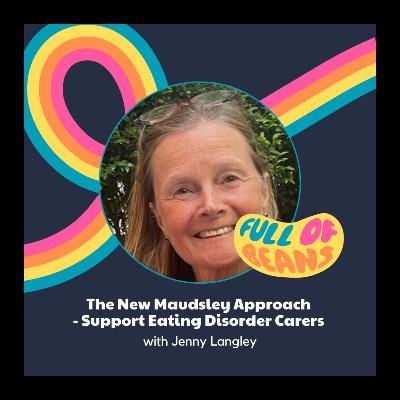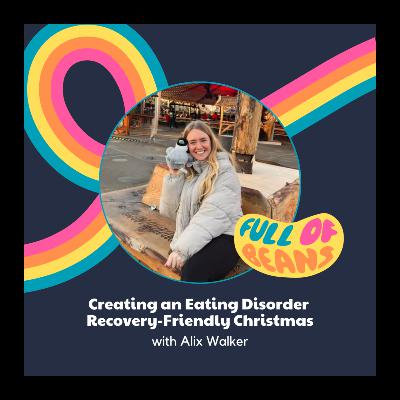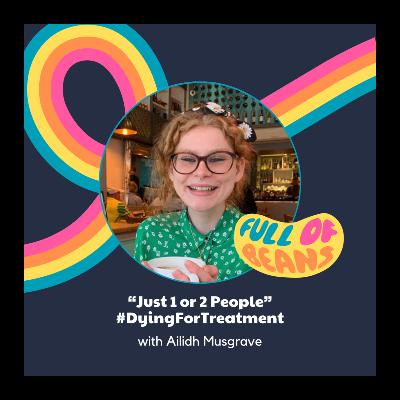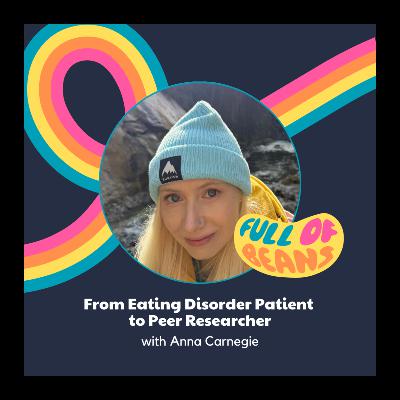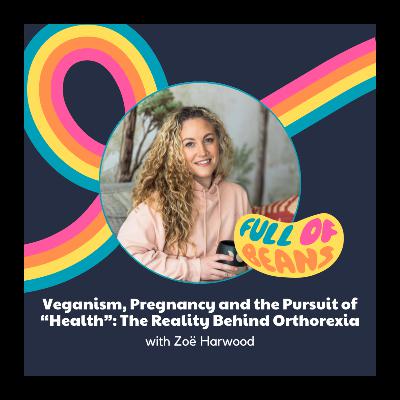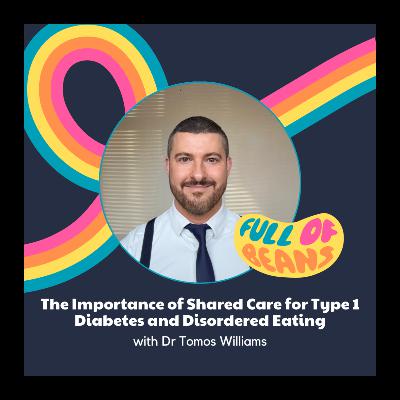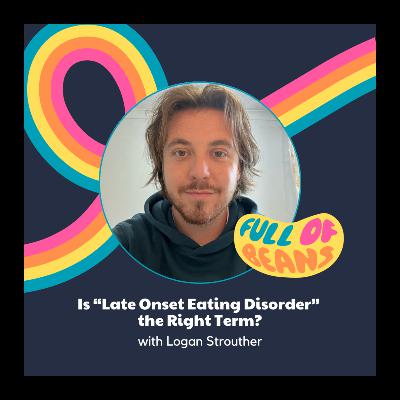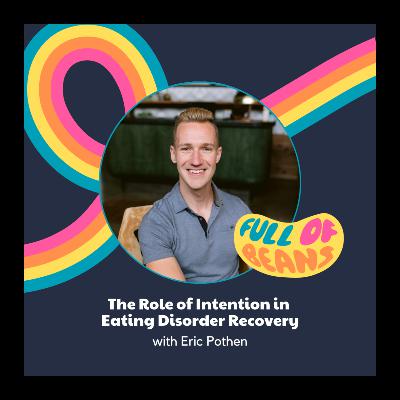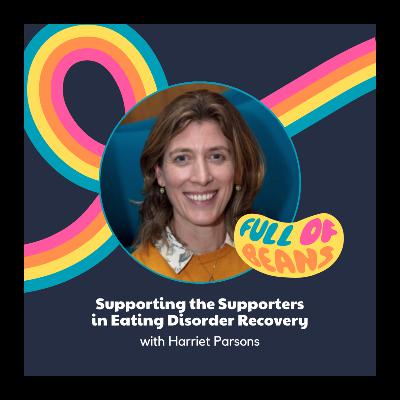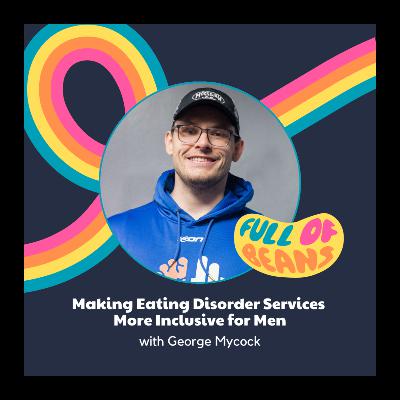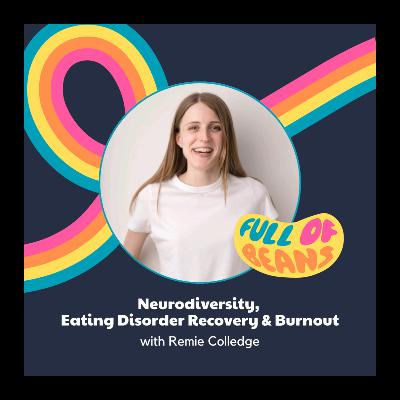
The Full of Beans Podcast
Author: Hannah Hickinbotham
Subscribed: 35Played: 2,727Description
Full of Beans Podcast: Sharing the Unheard Voices in Eating Disorders
Eating disorders are complex, often misunderstood, and wrapped in layers of stigma. That’s why Full of Beans is here - to open up the conversation and foster understanding through real, raw, and research-backed discussions.
Hosted by Han, founder of Full of Beans and passionate mental health advocate, this podcast explores eating disorders through the lens of lived experience, clinical expertise, and the latest research.
Each week, Han sits down with guests, including individuals with firsthand experiences, clinicians, researchers, and charities, who all share one goal: to raise awareness, challenge misconceptions, and support those affected by eating disorders.
With a mix of heartfelt stories and professional insights, Full of Beans is a space for education, advocacy, and connection. Whether you're navigating your own eating disorder journey, supporting a loved one, or working in the mental health field, this podcast is here to provide knowledge, compassion, and hope.
Join us in creating a community where eating disorders are understood, and no one feels alone in their struggles.
(Please note: This podcast is for awareness and education purposes and is not a substitute for professional therapeutic support.)









